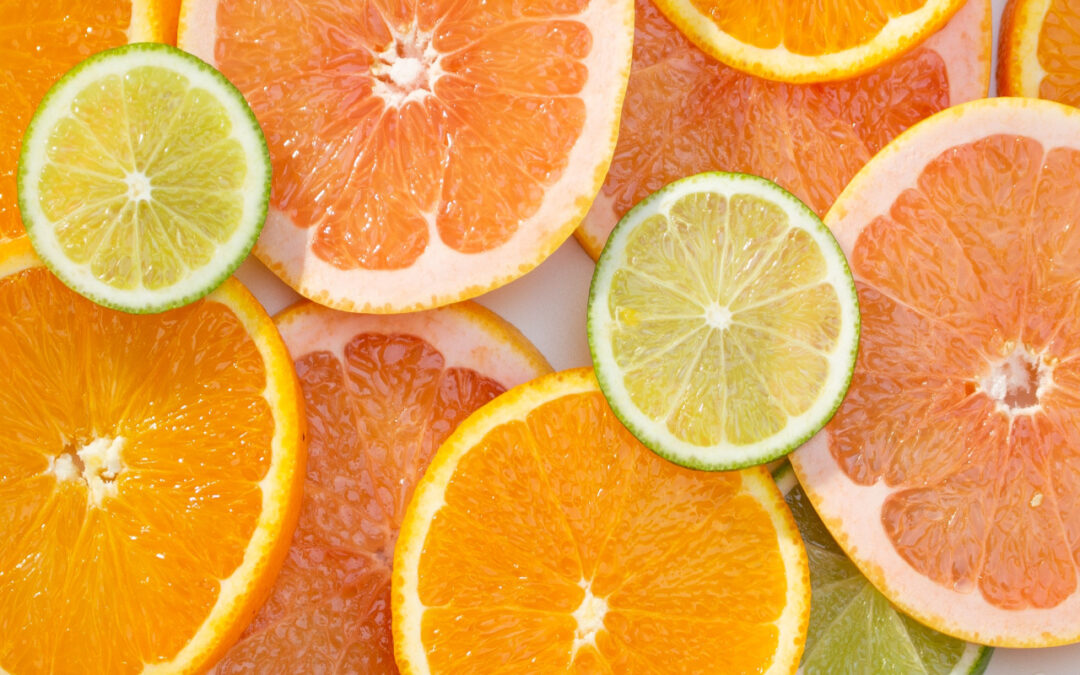As your body undergoes the daily grind, it has mechanisms in place for ridding itself of toxins. When you use the bathroom, exhale, and sweat, your body is excreting substances for which it has no use or that might cause harm. The organs involved in these processes sometimes get overwhelmed and need a break. Like any system that works 24 hours a day, the human body sometimes just needs some “downtime.”
In some cultures and religions, fasting is part of religious observance. A “detox” is a sort of variation on the fasting theme, designed to purify and cleanse. A detox, like a fast, is always to be regarded as a temporary dietary adjustment, not a permanent one. Most detoxes last anywhere from 1 to 5 days, with most lasting 3. Do not ever attempt a detox if you are pregnant or nursing.
There are several different types of detoxes or cleanses, that are prevalent today. Among them are:
- Juice
- This is probably the most common and popular kind of detox. “Green” juices made from raw cabbage, kale, or other leafy greens are allowed, as well as some fruit juices. Some nutritionists recommend preparing for the juice detox a day or two before by eating only raw fruits and vegetables. When coming off the juice detox, eat only raw fruits and vegetables for another 2 days, then gradually introduce small meals back into the diet.
The lemonade diet, where the participant drinks only maple syrup-sweetened lemon juice mixed with water for several days, is one of the best-known juice-based detoxes.
- Fruit and Veggie
- This detox is said to be good for anyone wishing to relieve the body of the stresses caused by digesting dairy and meat products. On this detox diet, the fruits and vegetables can be raw or cooked.
- Water Only
- While this is a fairly popular form of detox, some experts strongly advise against it. Drinking water only can upset your electrolyte balance, and it also tends to result in a too-rapid release of toxins into the bloodstream for elimination. If you choose to do a water-only detox, make it for just 1 day.
Detox diets are often supplemented by herbs and fiber supplements. Detoxification is purported to cleanse the blood and lymphatic systems, cleanse the colon of impurities and give the kidneys and liver – the main blood filtering organs – a rest. As the intake of toxins is curtailed in detox, the body has a chance to release stored toxins. Interestingly, most agricultural chemicals, especially pesticides, are fat-soluble. Hence, they tend to accumulate in fatty tissue in the body and are found in higher concentrations in high-fat foods. As you undergo a detox, you begin to lose some fat, and as the fat gets “loosened up,” the toxins get released from it.
Detox diets are also touted as a means by which ill people can correct their illness. Ulcers, cancer, depression, and general inflammation have all been relieved by detox diets.


